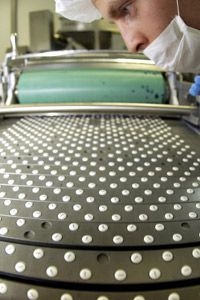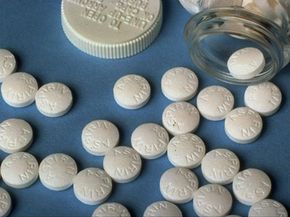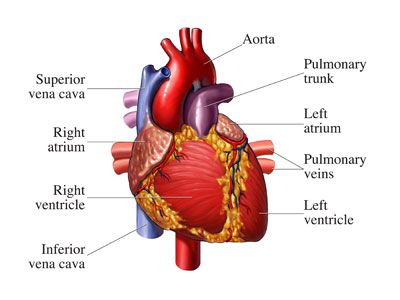With all the fancy prescription pharmaceuticals available for treating heart disease, the idea that one of the best medicines is probably in your home already seems too good to be true. That it's been around since 1899 and costs a few cents a pill seems downright absurd. But it's true: Aspirin can help prevent a heart attack. It can also increase the chance of survival during a heart attack and reduce the risk of a second heart attack.
Heart attacks are caused by a condition called atherosclerosis, otherwise known as clogged arteries. Stated simply, arteries get clogged when plaque builds up on artery walls, caused by too much fat and LDL cholesterol in the bloodstream.
Advertisement
Artery walls are kind of sticky, and certain fats and cholesterols are sticky too, so they build up there, forming a plaque. Plaque is crusty on the outside and mushy on the inside, and it tends to crack. When it cracks, the mushy inside attracts particles in the blood called platelets. Platelets are the blood component that makes your blood clot when you cut yourself. When platelets build up on artery walls, they can cause blood clots. Clots cause severe narrowing of the arteries, which can cause a heart attack. (See What's more likely -- death by an auto accident or death by French fries? to learn more about heart disease.)
Aspirin prevents heart attacks by keeping these blood clots from forming. The mechanism that makes aspirin good for the heart is pretty much the same as the one that makes it good for aches and pains.
In this article, we'll look at exactly what aspirin does to thwart heart attacks and find out how effective it really is. We'll also find out whether you should be talking to your doctor about starting a daily aspirin regimen, or if you should avoid that type of aspirin use.
First, why does it stop clots from forming in the first place?
Advertisement


